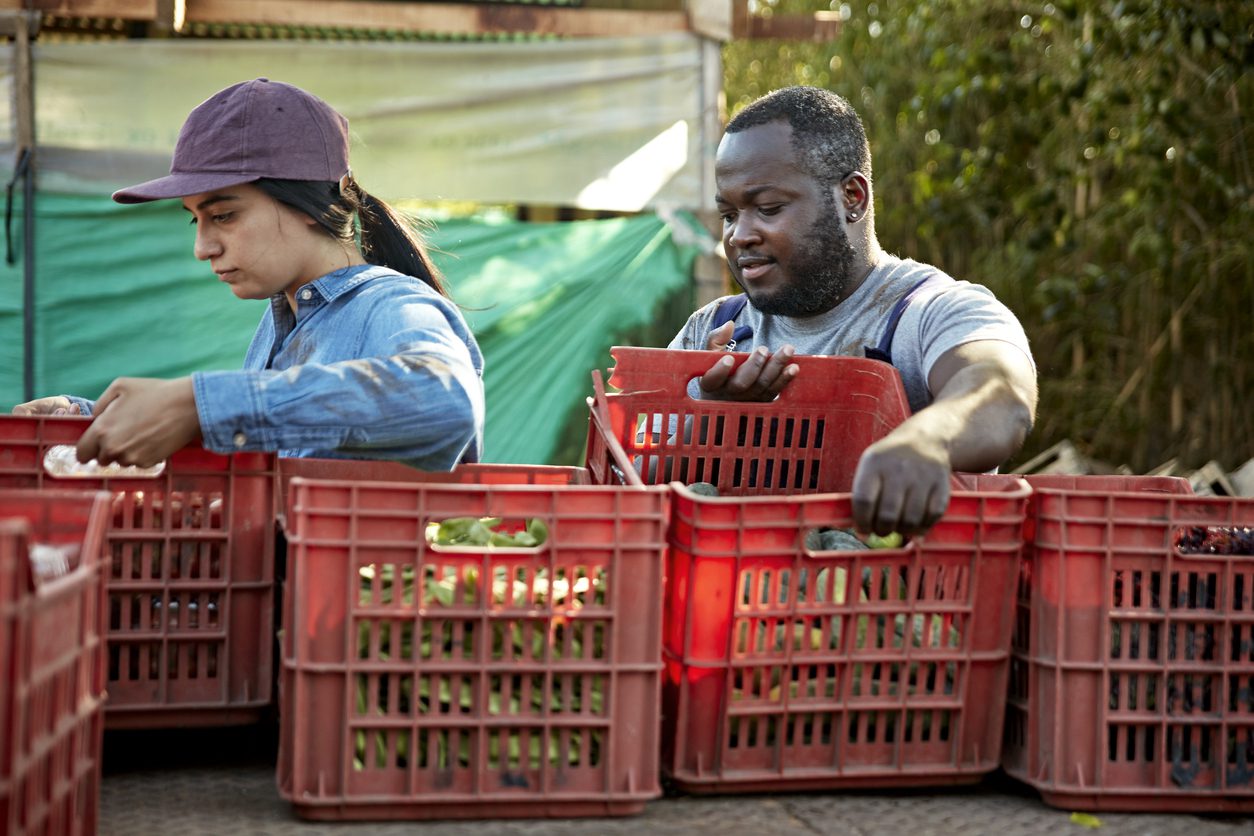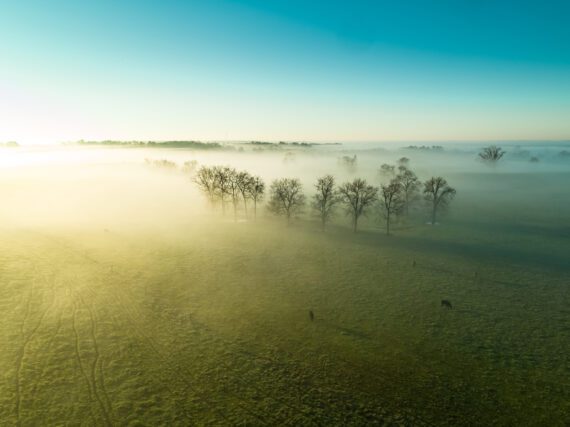Bread for the World’s advocacy this year is focused on the 2023 farm bill, legislation that has a significant impact on U.S. food systems, agriculture, and nutrition programs. Its reauthorization will shape policies for the next five years.
Among the many provisions of the farm bill is funding for agricultural research, extension, and education at land-grant institutions. Land-grant institutions include Historically Black Colleges and Universities (HBCUs). There is an opportunity now for Congress to begin to redress historical injustices driven by racism. One of several ways to do that is to use the farm bill to give HBCUs the respect and equitable treatment they deserve.
The USDA Equity Commission, established in 2021 as part of the Biden administration’s commitment to advancing racial equity and reducing the racial wealth gap, has offered numerous recommendations on how the U.S. Department of Agriculture (USDA) can better support HBCUs, as well as how the agency can address its long history of racial discrimination.
One place to start is with a more equitable allocation of funding. The Commission noted, “Historically, 1890 and [other] minority-serving land-grant institutions have not received USDA funding comparable to 1862 land-grant colleges and universities.”
1890 and 1862 designate the years institutions were recognized within the U.S. Land-Grant university system and thereby made eligible for federal grants. 1862 colleges and universities serve predominantly white students.
HBCUs have long been a resource for underserved Black communities, especially in Southern states where most HBCUs are located. For Black farmers, in particular, HBCUs provide reliable and trustworthy technical assistance, unlike the well documented malice and neglect that persist at some local branches of USDA.
Tuskegee University, one of the very first HBCUs, was founded in 1881. Booker T. Washington served as its president until his death in 1915. From its earliest days, Tuskegee has been associated with an exceptionally strong agriculture program, reflecting its founder’s views on the necessity of a practical education.
After the Civil War, most Black families earned their living in agriculture. The importance of agriculture in Black communities guided Washington’s choice of a leader for the agricultural department. George Washington Carver joined Tuskegee in 1896 to lead the department; Carver was not only a brilliant researcher but was also dedicated to introducing impoverished Black sharecroppers to new crops and farming methods.
Sanchez Rolle, a recent graduate of Tuskegee University, aspires to follow in this tradition, applying what he has learned as a researcher to help underserved communities by focusing on the intersection of clean water and environmental justice. In Flint, Michigan, where nearly 100,000 people have been exposed to dangerous levels of lead and other toxins in the municipal water supply, Rolle conducted laboratory tests to support the efforts of grassroots organizations to respond effectively to the crisis. In Alabama, where Tuskegee is located, Rolle has also studied soil and water quality in the state’s Black Belt counties.
In February 2023, in observance of Black History Month, Rolle participated in a webinar hosted by Bread for the World, The Economic Impact to Black Farmers Across the African Diaspora. He is one of eight HBCU graduate students selected to be part of the first class of Thomas Wyatt Turner Fellows at Cornell University. Thomas Wyatt Turner, the first African American to receive a doctorate in Botany (in 1921), attended Cornell. Turner was a prominent researcher and educator and a civil rights activist who was one of the founders of the National Association for the Advancement of Colored People (NAACP).
In addition to support from the Cornell Graduate School and School of Integrative Plant Science, the Turner Fellowships are made possible by a grant from the U.S. Agency for International Development (USAID). The fellowships are part of USAID’s Feed the Future, the U.S. global hunger and food security initiative. Many readers may be familiar with Feed the Future since Bread for the World members have supported the program and its goals since the idea for it first arose, in 2010.
The Turner Fellows represent the high quality of research at HBCUs and the commitment shared by all HBCUs in applying research to meet urgent challenges in their communities. In the case of the Turner Fellows, the urgent challenges include those facing the global community, with research focused on sustainable agricultural development to reduce malnutrition and hunger.
Todd Post is senior domestic policy advisor, Policy and Research Institute, at Bread for the World.



